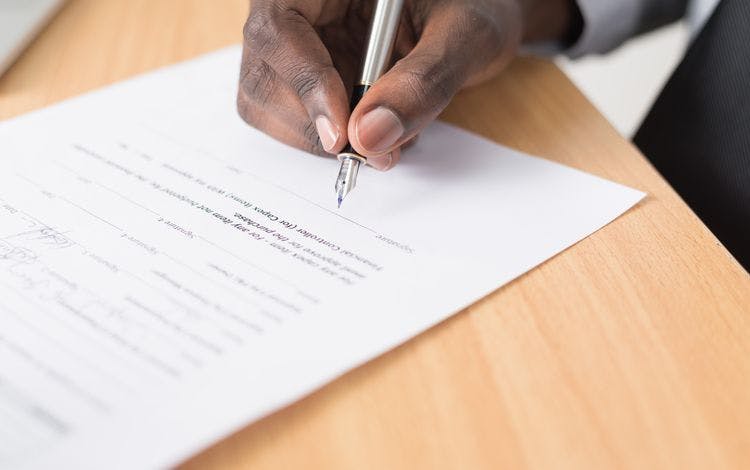Do you have the best cold-call script? What would happen if every single call center started using it? If you've been in business a while, you may have been burned by an employee once or twice. As you grow you want to protect your business as much as you can. Some legal ways to accomplish this is through an NDA or a non-compete agreement. These agreements can protect your trade-secrets and data that you have worked hard for over the course of your business. Trade secrets are practices and processes of a company that aids in their business that may not be known to the general population.
Think of it this way, if you had known everything you know now when you started your business, how much more successful would you be? By not protecting your intellectual property, trade secrets, and data, you could be handing this information to your biggest competitor.
There are a few different ways to refer to an NDA which stands for a non-disclosure agreement. They are also sometimes called a confidentiality agreement (CA/) confidential disclosure agreement (CDA/), or proprietary information agreement. This is a legal contract between two parties, you and your employee, that they will not share information about your company.
We are a competitive tech boom that doesn't seem to be stopping anytime soon. Now more than ever is it essential to protect your intellectual property. There is a risk that your most talented employee could leave and start their own company with all the tech business knowledge you gave them.
While there is usually not the punishment of jail time associated with breaking an NDA, it could mean a hefty lawsuit. You can normally sue for lost wages and other things associated with the breach of contract. Even if you never intend to pursue a lawsuit in the event of a broken contract, an NDA can still be valuable. Your employees will be less likely to misuse your confidential information if they know it could lead to legal trouble, usually, that threat alone is enough to make someone think twice.
An NDA will also protect your intellectual property. Intellectual property is the rights a person has over the creation of their minds. There are a few ways your intellectual property can be legally protected including, patents, trademarks, and copyrights. If you have created unique intellectual property over the course of your career such as processes, software, or design you will want to protect it. If you hired someone to create such things for you, they are your intellectual property, and not the employee. Therefore you should include a clause about intellectual property and the transfer of intellectual property in your NDA so everything is clear.
Intellectual property rights and non-disclosure agreement laws can vary from state to state, so if you have important data you need to protect, having a lawyer draft a complete NDA for you may be best. If you need funding to help secure your intellectual property and keep your trade secrets safe First Union Lending can help. Click here or call to get started.
